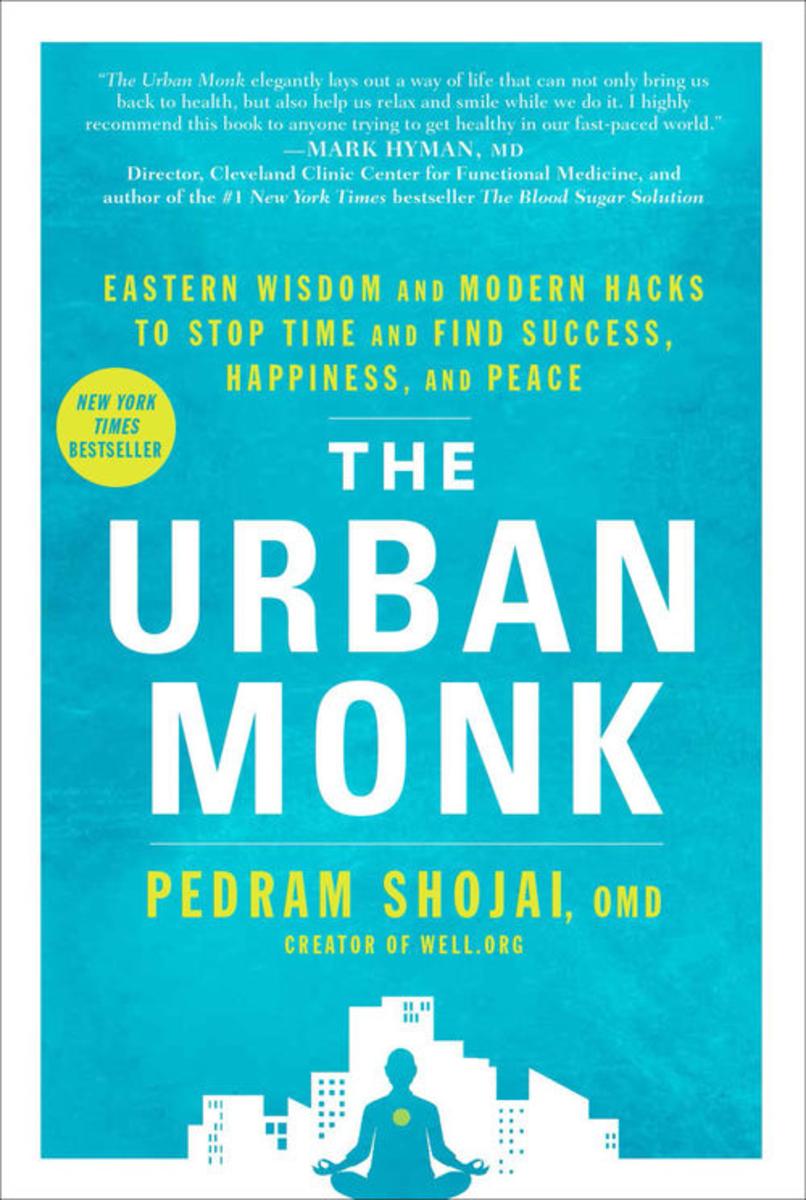time and find success, happiness, and peace
Here is a quick (and very subjective) summary of the book: a specialist in qigong, herbalism, oriental medicine, and other related disciplines, writes a self-help book explaining how we don't have to retreat to a temple to find our center and a sense of calm. It also happens that said specialist is the founder and owner of a self-improvement business (Well.org) who sells his consulting services, as well as a few videos and other material. Sure, a good part of what I mentioned in this description is accidental and doesn't necessarily imply anything about the overall quality of the book. However, the fact is that while reading through it, one cannot avoid seeing it as a clever commercial brochure that, under the guise of helping the reader, it truly is trying to sell the other services offered by the author. Or, to put it a different way, this is not like one of those books signed by the Dalai Lama or Thich Nhat Hanh. Somehow, the overall feeling is one of a certain level of superficiality, as well as a clear commercial interest. Perhaps not very different from so many other self-help books that are popular in the American market, by the way. And yet, as in the case of many of those other books, I must say that the book also has its merits.
Basically, at the same time that Shojai recommends plenty of things that have more in common with New Age easy superstition than serious advice (cleansing juices, detoxification recipes, miracle herbal teas...), he also addresses many real-life problems and concerns (lack of purpose, stress, weigth gain, sleep issues...) with a good amount of commonsensical advice. If anything, perhaps my criticism in that respect would be that there is no need to resort to ancient (and exotic) Eastern wisdom to propose such reasonable and obvious solutions to many of our contemporary ailments (e.g., less caffeine consumption, a well established routine, exercise, and a comfortable and dark atmosphere to promote sleep). In the end, there is no need to use strange concoctions and exotic practices (usually for a fee, of course) to put into practice what our own traditional culture already knew decades ago. If anything, it is a clear sign of how lost we are these days after we decided to throw away the baby with the dirty water when, in the name of "modernity", we chose to ridicule and turn our backs on anything "old" or "traditional".
Online resources for the book.
Entertainment: 6/10
Content: 5/10
